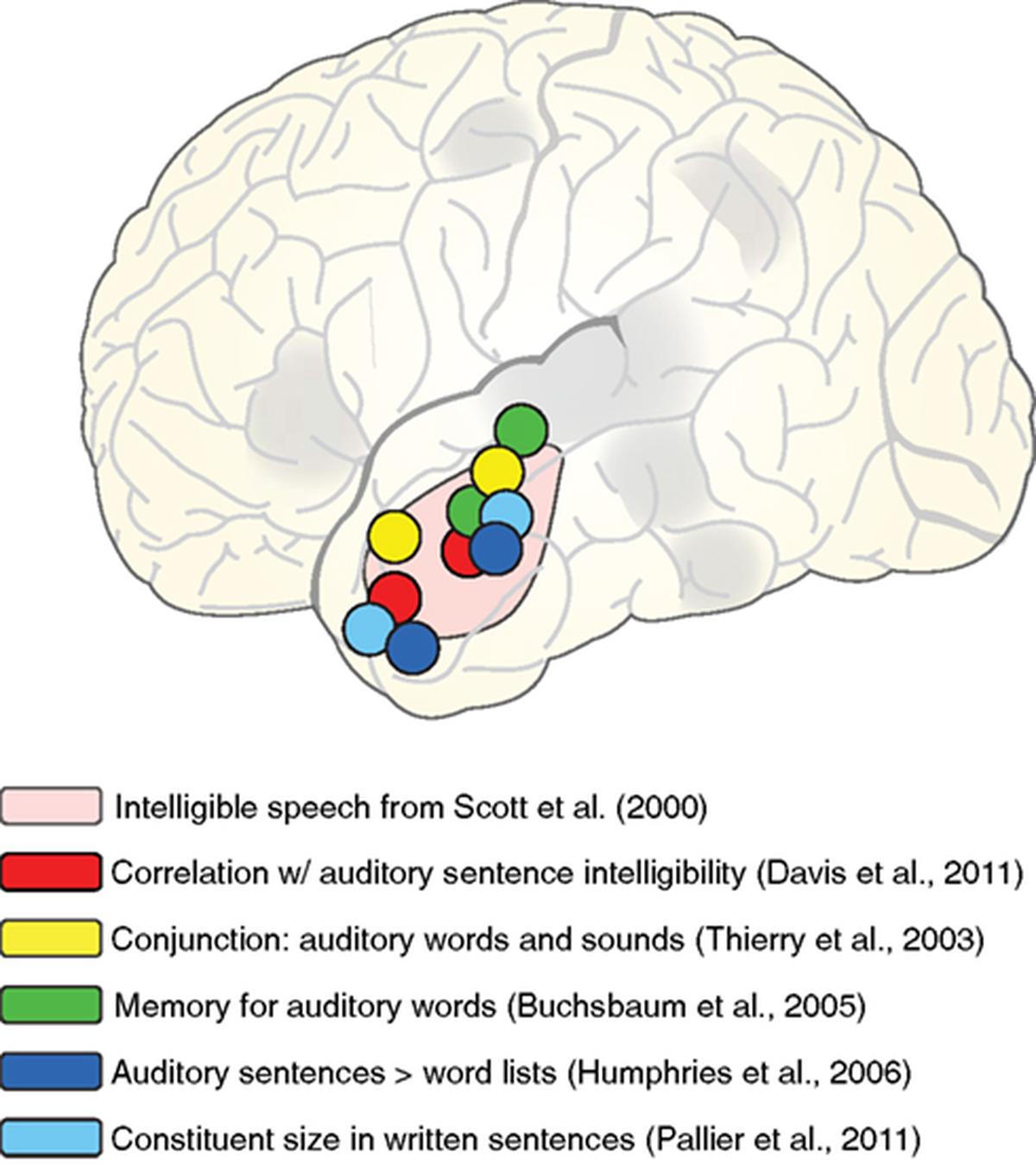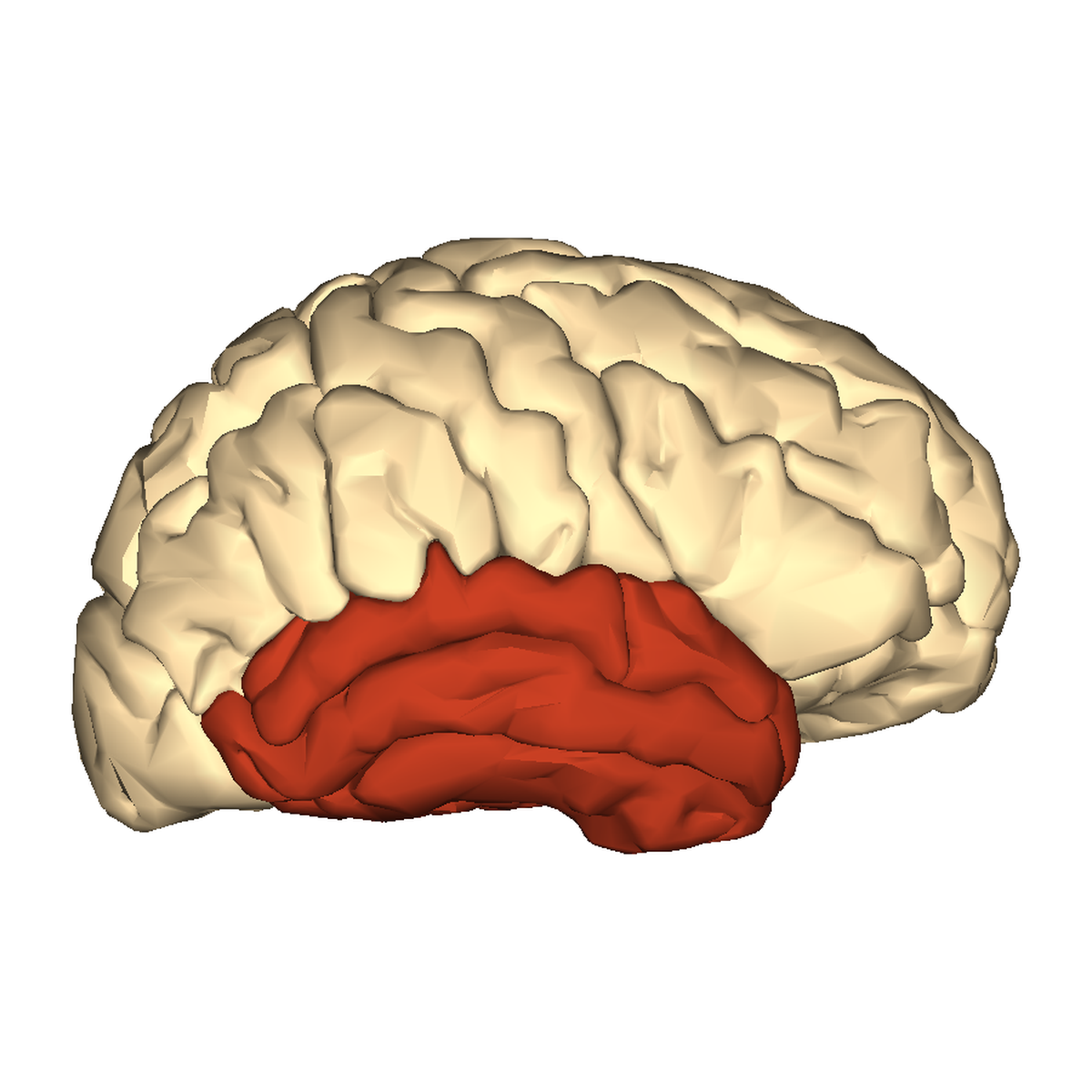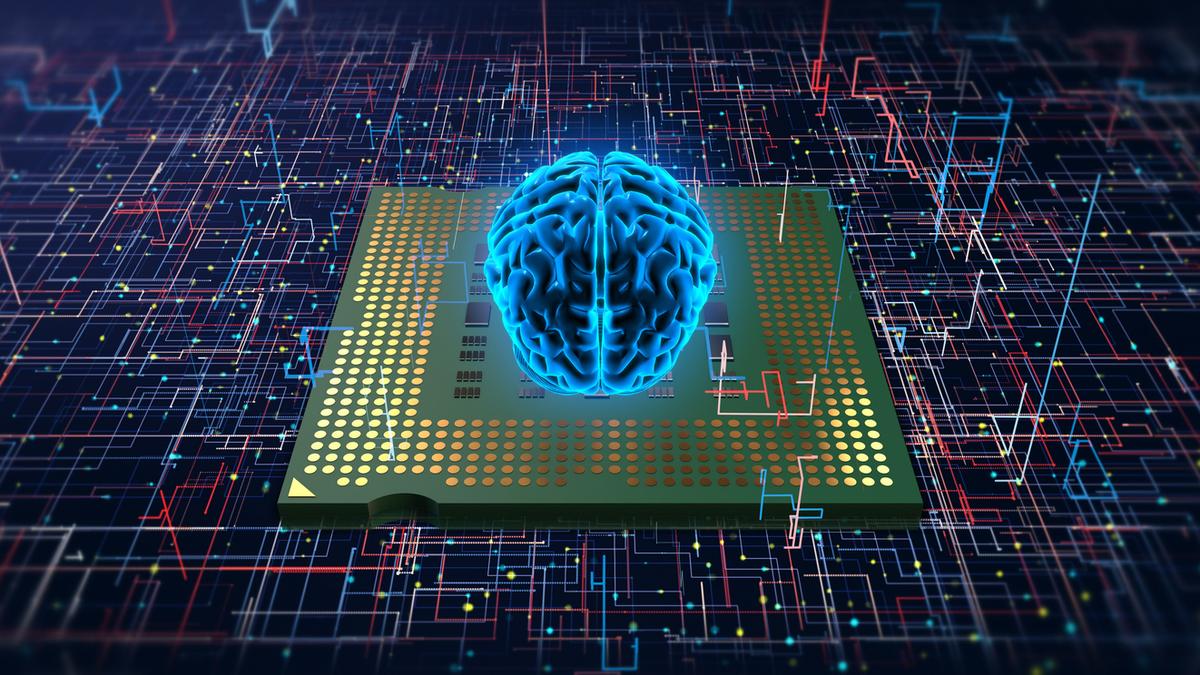Déjà vu is a French term that means “already seen.” It describes the strange feeling that you’re repeating a moment, even though it’s happening for the first time. It’s like your mind plays a trick, making you feel as if you’ve been in that exact situation before, even though you haven’t.
Why does it happen?
Scientists think déjà vu happens because your brain is mixing up memories. Sometimes, you see or experience something that reminds your brain of a past event, even if it’s not exactly the same. This confusion tricks your brain into believing you’ve lived the moment before, creating that déjà vu feeling.
The Science
The brain works like a computer, storing and recalling memories. Normally, it keeps track of past experiences and new ones separately. But sometimes, signals in the brain get crossed or misfired. When this happens, your brain mistakenly thinks a new experience is actually an old memory, and that’s what creates the feeling of déjà vu.
Some scientists believe that déjà vu may be related to the temporal lobe of the brain, which is responsible for memory, language, and emotions. Disruptions between the temporal lobe and the hippocampus (which manages short-term memory) might trigger déjà vu.
Highlighted temporal lobe

Schematic illustration of peaks from various fMRI studies in which activation of left anterior lateral temporal cortex was observed, overlaid on the region showing sensitivity to speech intelligibility from Scott et al. (2000)
| Photo Credit:
Jonathan Peelle
Unconscious processing
Another possible explanation for déjà vu involves our brain’s ability to process information unconsciously. Our brains are constantly taking in and processing information from our senses, even when we’re not actively aware of it. It’s possible that sometimes, our brains unconsciously recognize a familiar pattern or element within a new situation. When we later consciously become aware of this situation, our brain might mistakenly interpret the familiarity as a sign that we’ve experienced it before, leading to a feeling of déjà vu.
Think of it like listening to a song for the first time. You might not consciously recognize the tune, but if you’ve heard it before in the background or in a commercial, your brain might unconsciously recognize it. When you hear the song again in a different context, you might suddenly feel like you’ve heard it before, even though you can’t remember where.
Memory glitch
Our brains are indeed very intricately complex organs responsible for storing and retrieving memories. Sometimes these processes go wrong and lead to memory glitches or, worse still, some develop déjà vu.
Imagine holding a keyring containing a number of keys. You’re trying to reach the right key to open your front door. In this dim light, you have grasped the wrong key. For a moment, you feel that sense of familiarity, like you’ve used this before, but when you take a closer look at it, you realise it is the wrong key. Similarly, the brain may also make mistakes at times and might attach a wrong familiarity leading one to it even though it is a new situation.
The experience of déjà vu raises intriguing questions about the nature of memory and consciousness. What does it tell us about how our brains store and retrieve information?

There are three main theories behind déjà vu.
One suggests it’s caused by your brain mixing up memories, another points to signals in the brain misfiring, and a third links it to your brain recognizing something similar from your past. While these ideas help explain déjà vu, the exact science is still being researched.
This leaves us with an intriguing question: What does the experience of déjà vu tell us about the nature of memory and consciousness?
Fun facts
Déjà vu happens more often in young people and tends to decrease with age.
Traveling to new places can trigger déjà vu experiences. This is because unfamiliar environments create a strong sense of familiarity that can conflict with your knowledge that you’ve never been there before.
Sights, sounds, smells, fatigue, and stress can all trigger déjà vu.
Déjà vu can also happen when you’re not paying full attention to a situation. For example, if you’re distracted while doing something and later return your focus, you might feel as though you’ve done it before.
Published – October 20, 2024 05:56 pm IST









